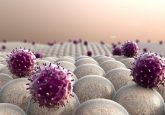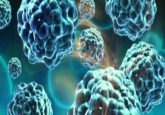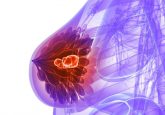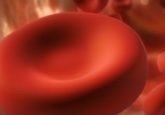Gene activity test could aid treatment personalization in rhabdomyosarcoma
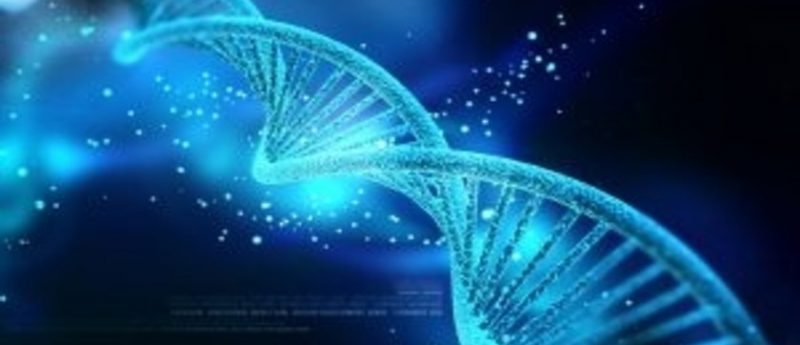
Children with high-risk rhabdomyosarcoma tumors could be identified by way of a novel test that determines the activity of five genes. These findings, which appeared last week in Clinical Cancer Research, could assist in the personalization of treatments for this patient population, helping to identify those who may benefit from more intensive therapy.
“Our research showed a significant link between a particular gene signature from tumor samples and higher-risk, aggressive rhabdomyosarcoma. This study is an important step towards introducing an approach that identifies children who are unlikely to benefit from current, standard treatments and can be offered more intensive or new treatment strategies that will improve their outcome,” commented UK study lead Janet Shipley, of The Institute of Cancer Research.
This five-gene signature test MG5, which was developed by investigators at The Institute of Cancer Research (London, UK), has been tested and validated in samples from 68 rhabdomyosarcoma patients – an endeavor carried out in collaboration with researchers from the Children’s Oncology Group (CA, USA).
MG5 is believed to be the first gene test that is able to determine which children with fusion-negative rhabdomyosarcoma will have disease with a more aggressive phenotype. Fusion-negative disease lacks a common rhabdomyosarcoma mutation in which the PAX3 and FOXO1 become fused together. Previous studies have demonstrated that fusion-negative patients commonly have a lower risk of developing aggressive disease than fusion-positive cases, yet MG5 was able to split these fusion-negative patients into two risk groups, dependent on gene activity.
Individual with high scores for the MG5 were associated with a significantly worse survival chances than those with low scores, suggesting the test could ultimately be included in assessment of children with rhabdomyosarcoma to aid clinical decision-making.
“We now hope to bring our test for this gene signature to the clinic as soon as possible. Our aim is to identify these high-risk cases of rhabdomyosarcoma more quickly in the clinic, and ultimately improve treatment for these children,” continued Shipley.
Chief Executive of The Institute of Cancer Research, Professor Paul Workman, remarked: “We’re determined to bring the same kind of molecular advances that are starting to transform treatment for adult cancer patients to children too. A key step is to begin dividing up children’s cancers depending on their genetics and gene activity, so that we can adjust their treatment according to the aggressiveness of the disease. That should help us to increase the chances of survival in those with aggressive cancer, while easing the side-effects from treatment in less deadly forms.”
